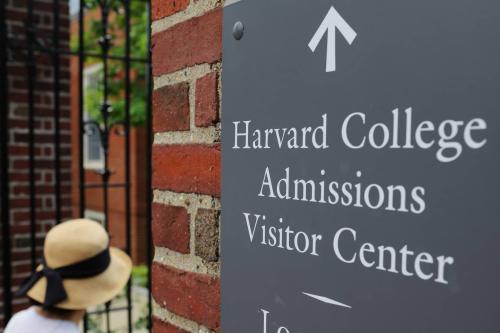Editor’s Note: Douglas Elliott speaks to Kai Ryssdal on National Public Radio’s “Marketplace” about the Treasury Department’s recent announcement that a profit of $4 billion has been accrued as a result of its bank bailout.
Kai Ryssdal: We came across some interesting numbers in the financial press today. First, that the Treasury Department’s raked in a profit of $4 billion so far from the TARP. That’s the bank bailout that’s almost a year old now. Also that the Federal Reserve is $14 billion to the good on its bailout-related expenses. That sounded, honestly, high, so we called economist Douglas Elliott. He’s a fellow at the Brookings Institution. Doug, good to have you with us.
DOUGLAS ELLIOTT: Thank you, Kai.
Ryssdal: Seems to me what we need is a definition of terms here as we start figuring out how much money the government has gotten back. Are we actually making profits yet, or are we just recouping capital that we’ve laid out.
ELLIOTT: We’re making profits on a few of the deals where it’s closed. Some of the strongest banks have been in the position to pay us back. We know on those banks we’ve made money. What we don’t know is whether we’ll make or lose money on the rest of the banks.
Ryssdal: And just to get some sense of it, we’ve still got something like $100 billion, $130 billion of the TARP program outstanding to the banks. Big ones like Citigroup and Bank of America.
ELLIOTT: We have a lot that is still out there. And so, if things go badly we could end up losing money overall. I think the good news here is that not so much that we might make some money, it’s that we could be talking about the possibility of making money, when that isn’t even why we went into this. The government put the taxpayer money into these banks because we were looking at the abyss. We were afraid back in October that the financial system might crater, and we might have a true Depression instead of just a very severe recession. So the fact that we might break even or even make some money is a fantastic thing.


Commentary
Are Bailout Investments Paying Off?
August 31, 2009